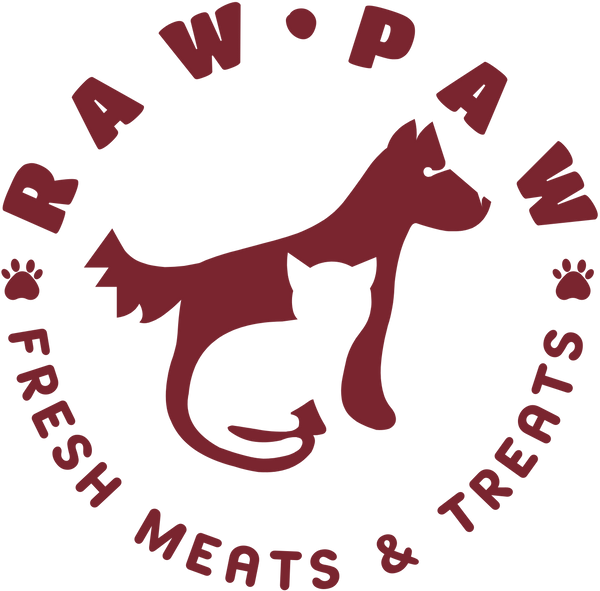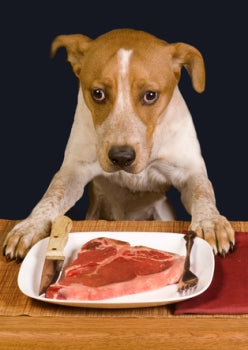
When it comes to the diets of animals, particularly pets, there is a significant difference between consuming dry processed foods versus a diet consisting of raw whole animal parts, including ground chicken parts and organs.
Dry pet foods, often in the form of kibble, undergo extensive processing that can lead to the loss of essential nutrients. These diets lack the natural balance and variety of nutrients found in raw, complete animal parts. Despite the addition of vitamins and minerals, the processing and cooking involved can degrade the nutritional value of the ingredients. Furthermore, many of these added vitamins are synthetic and not naturally derived, which may cause irritation and potentially hinder bioavailability within the animal's system.
On the other hand, a diet based on raw, complete animal parts aims to replicate the natural feeding patterns and nutritional needs of animals. It includes a variety of protein sources, such as muscle meat, organs, bones, and other components, to provide a well-rounded nutrient profile. Raw feeding proponents argue that this type of diet more closely aligns with the natural diet of carnivorous animals, ensuring they receive the necessary nutrients in their most bioavailable form.
By opting for a raw diet, animals can potentially obtain a wide range of essential nutrients, including natural vitamins, minerals, fatty acids, and amino acids, in their natural and unaltered state. These nutrients play vital roles in supporting overall health, including cognitive function and immune system strength.
While research specifically comparing the effects of dry food diets and raw diets on cognitive function in animals is limited, the emphasis on a nutrient-rich, minimally processed diet aligns with the broader understanding of nutrition's impact on overall well-being in animals.
For example, studies have shown that deficiencies in essential nutrients like omega-3 fatty acids, vitamins, and minerals can have adverse effects on cognitive function and brain health in animals. Similarly, poor diet quality, high in processed foods and lacking in essential nutrients, has been associated with various health issues in pets, including obesity, inflammation, and decreased cognitive performance.
Furthermore, there is evidence to suggest that specific dietary interventions, such as providing enriched environments and feeding antioxidant-rich diets, can improve cognitive function and overall well-being in animals. Antioxidants, including flavonoids found in fruits and vegetables, are known for their potential neuroprotective properties.
While there may not be direct studies on particular deficiency in animals, these findings highlight the importance of a nutrient-rich diet and the potential benefits of antioxidants and other essential nutrients for the cognitive health of our animal companions.
It's important to note that scientific research is constantly evolving, and new studies may have emerged over the last few years, and with enhanced interest in the animal community concerning these issues, studies with undoubtedly emerge to support potentials of a real raw diets for animals.
In conclusion, the deficiency stage of nutrients animals may experience when consuming processed dry foods highlights the potential benefits of incorporating raw, complete animal parts into their diets. Such a diet aims to provide a more natural and nutrient-rich approach, potentially supporting overall health and cognitive function in our animal companions.
🐾🥩 #RawFeeding #PetNutrition #NaturalBalance

